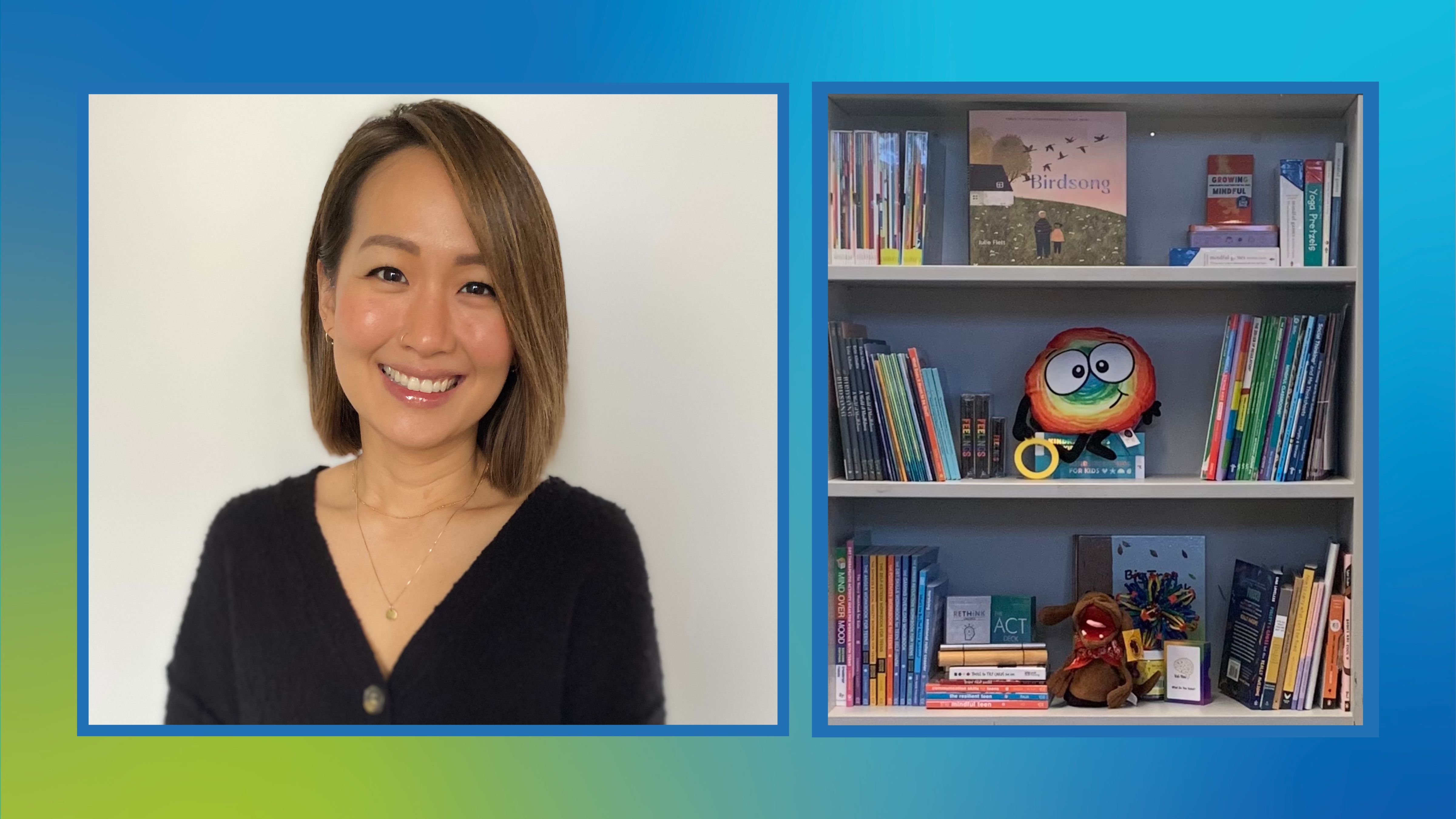The meaning behind Mental Health Literacy

In her guest writer piece, District counsellor Irene Kim explains the foundational components of mental health literacy and how we can begin to feel equipped to take care of our mental health during the ups and downs of everyday life.
Written by: Irene Kim, District Counsellor
SEL, Mental Health & Well-Being, District Learning Services
When we talk about literacy, we are often referring to the ability to read, write, speak and listen in a way that helps us communicate effectively in the world. Mental health literacy combines this idea of foundational communication skills with one of the most critical aspects of our well-being: our mental health. Mental health is a part of overall physical health – the part involving our brain – the control centre of everything we think, feel and do.
Although, sometimes physical health gets more attention because it is often visible and can seem more straightforward to address through concrete actions. Every person has mental health just as they have physical health, and mental health also affects daily functioning and coping with life’s ups and downs. We all experience peace, as well as challenges and struggle. All of this plays a part on our abilities to manage the stressors of everyday life.
When it comes to mental health literacy, it means having the skills, words and knowledge to build self-awareness and enhance our emotional well-being. Our quality of life and ability to be resilient through life’s struggles is greatly enhanced when we are able to communicate about mental health with others. At the same time, there is a broader need for all communities to be “literate” about mental health. That being said, it is important to distinguish the difference between typical ups and downs and feelings that negatively impact ongoing daily functioning.
For example, depression is not the same as “having a bad day” and anxiety is not the same thing as “feeling overwhelmed”, etc. We need to cultivate attitudes that will promote positive mental health. This includes seeking help from others or practicing self-care. Finally, we need to know how to access resources and make informed decisions about seeking professional help. For young individuals, a good place to start is with the school counsellor.
Mental health literacy is for everyone and is embedded throughout the K-12 curriculum. By understanding the foundations of mental health literacy, we can begin to feel equipped to take care of our own mental health. When we learn that everything we think, feel and do is a result of what happens in the brain and understand that mental health can fluctuate and change over time, we can decrease stigma around mental health, promote inclusivity, and help one another live happier and mentally healthier lives.

